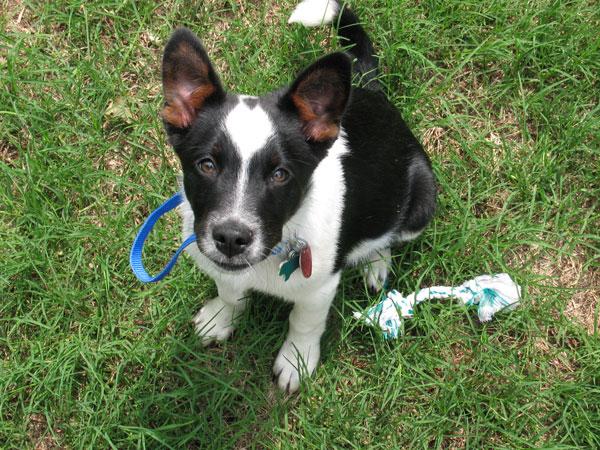
Yard and Garden Safety
Thursday, September 15, 2016
Let your yard and garden grow—with care. Fertilizers, insecticides and herbicides keep plants and lawns healthy and green; however, their ingredients may be dangerous if pets ingest them. Many dogs like to “nose around” in the grass and often consume some grass. They also tend to lick their paws and coats.
Always store these products in out-of-the-way places where pets cannot reach them. Consider using metal trash cans with locking lids to prevent your pets from getting into the products. Follow label instructions carefully.
Dogs like to eat certain fertilizers such as bone meal or blood meal. Keep bags tightly sealed and out of reach.
Small ingestions may lead to vomiting and diarrhea. Large ingestions may lead to a foreign body obstruction as the bone meal congeals in the gastrointestinal tract.
Blood meal ingestion may also lead to vomiting and diarrhea. It may also cause pancreatitis.
Grub or snail killers, especially those that contain metaldehyde, may be harmful to pets. Avoid using them if possible.
Yard insecticides that contain organophosphates or carbamates can be very dangerous if ingested in high concentrations.
Keep pets off lawns until commercially sprayed herbicides are dry. Label directions should indicate safe periods after application for your pets. Follow label directions on application rates.
Applying more fertilizer or other products than the instructions indicate may potentially harm your pets as the grass may hold the residue for an extended period of time. Pets pick up the residue on their fur and paws and may quickly ingest them.
Ingestion of herbicides usually leads to vomiting, diarrhea and abdominal discomfort depending upon the amount ingested.
Remember to exercise caution when walking your pet as they may be exposed to products on other lawns. Commercial lawn applications often are noted with flags but the home user may not “flag” the lawn.
Since pets often lick their coats and feet, wash off the fertilizer immediately to avoid ingestion.
Many popular plants, including rhododendron and azaleas, are highly toxic to pets and can prove fatal if eaten.
The American Society for the Prevention of Cruelty to Animals® provides this full list of toxic and non-toxic plants for your home and garden.
If your pet eats something harmful, contact your veterinarian or the Pet Poison Helpline.
by Elisabeth J. Giedt, DVM
Veterinary Viewpoints is provided by the faculty of the OSU Veterinary Medical Hospital. Certified by the American Animal Hospital Association, the hospital is open to the public providing routine and specialized care for all species and 24-hour emergency care, 365 days a year.
